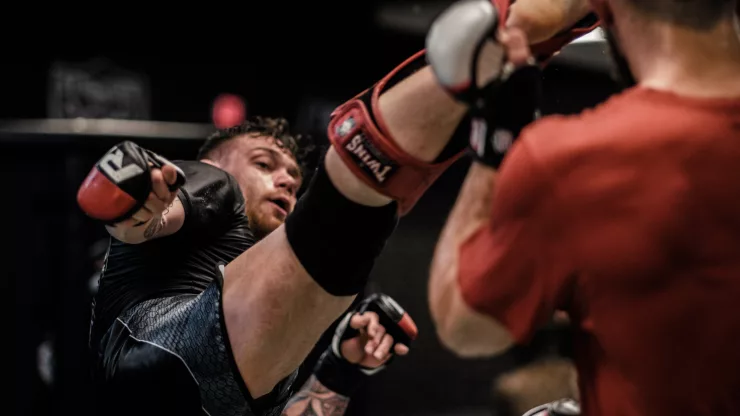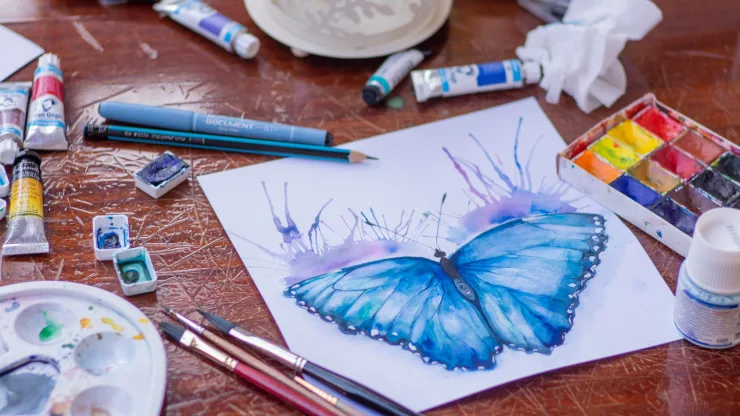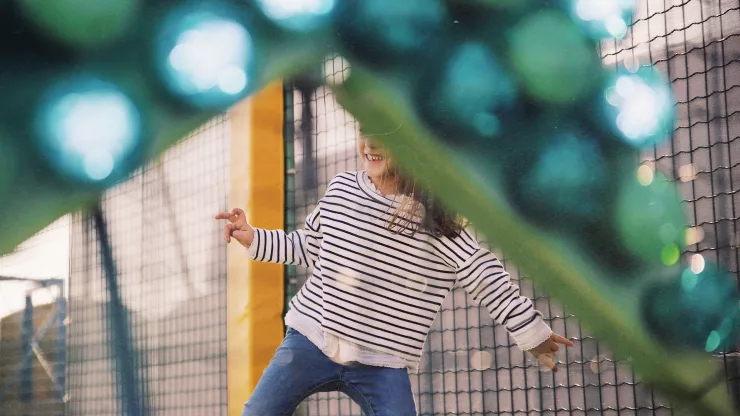The Link Between Martial Arts and Happiness
Martial arts have been practiced for centuries, not only for self-defense but also for physical and mental well-being.
The art of resilience, which is the ability to bounce back from adversity, is a key component of martial arts.
Resilience is a crucial factor in achieving happiness, as it allows us to handle challenges and setbacks with grace and strength.
In this article, we will explore how martial arts can contribute to happiness by building resilience.
Jump to Section
Understanding Resilience: Why It Matters
Resilience is the ability to adapt to stress and adversity, and to bounce back from setbacks and challenges.
It is a key component of mental and emotional well-being, and it plays a vital role in achieving happiness.
Resilient individuals are better equipped to handle stress and challenges, and are more likely to recover from setbacks and trauma.
They also tend to have stronger relationships, better health, and higher levels of life satisfaction.
Building Resilience Through Martial Arts Training
Martial arts training is an excellent way to build resilience. It teaches individuals to face challenges head-on, and to persevere through difficult situations.
Martial arts training involves physical and mental conditioning, which helps individuals develop mental toughness and emotional resilience. It also provides a sense of community and support, which can be invaluable in times of stress and adversity.
Here are some ways martial arts training can help build resilience:
- It teaches individuals to set and achieve goals, which can help build confidence and resilience.
- It provides a sense of purpose and direction, which can help individuals stay focused and motivated.
- It teaches individuals to manage stress and anxiety, which can help build emotional resilience.
- It provides a supportive community, which can help individuals feel connected and supported.
The Mental Benefits of Martial Arts Practice
Martial arts practice provides numerous mental benefits, including:
- Improved focus and concentration
- Increased self-discipline and self-control
- Reduced stress and anxiety
- Improved self-esteem and self-confidence
- Increased resilience and mental toughness
These mental benefits can help individuals develop a positive mindset and a greater sense of well-being, which can contribute to happiness.
The Physical Benefits of Martial Arts Practice
Martial arts practice also provides numerous physical benefits, including:
- Improved strength, flexibility, and balance
- Increased cardiovascular health
- Weight loss and improved body composition
- Reduced risk of chronic diseases such as diabetes and heart disease
These physical benefits can help individuals feel better physically and mentally, which can contribute to happiness.
Conclusion: Finding Happiness Through Resilience
Martial arts practice can contribute to happiness by building resilience. Resilience is a key component of mental and emotional well-being, and it plays a vital role in achieving happiness.
Martial arts training provides numerous mental and physical benefits, which can help individuals develop resilience and a positive mindset.
By practicing martial arts, individuals can build the skills and mindset needed to bounce back from adversity and achieve happiness.
FAQ
What are some types of martial arts?
There are many types of martial arts, including karate, judo, taekwondo, jiu-jitsu, kung fu, and kickboxing, among others.
Do I need to be in good shape to practice martial arts?
No, martial arts training is designed to help individuals of all fitness levels improve their physical and mental well-being.
Is martial arts practice safe?
Martial arts practice can be safe when practiced in a supervised and controlled environment. It is important to choose a reputable instructor and to follow proper safety protocols.

With a deep passion for personal development, Ben has dedicated his career to inspiring and guiding others on their journey towards self-improvement.
His love for learning and sharing knowledge about personal growth strategies, mindfulness, and goal-setting principles has led him to create My Virtual Life Coach.
Contact Ben at [email protected] for assistance.




